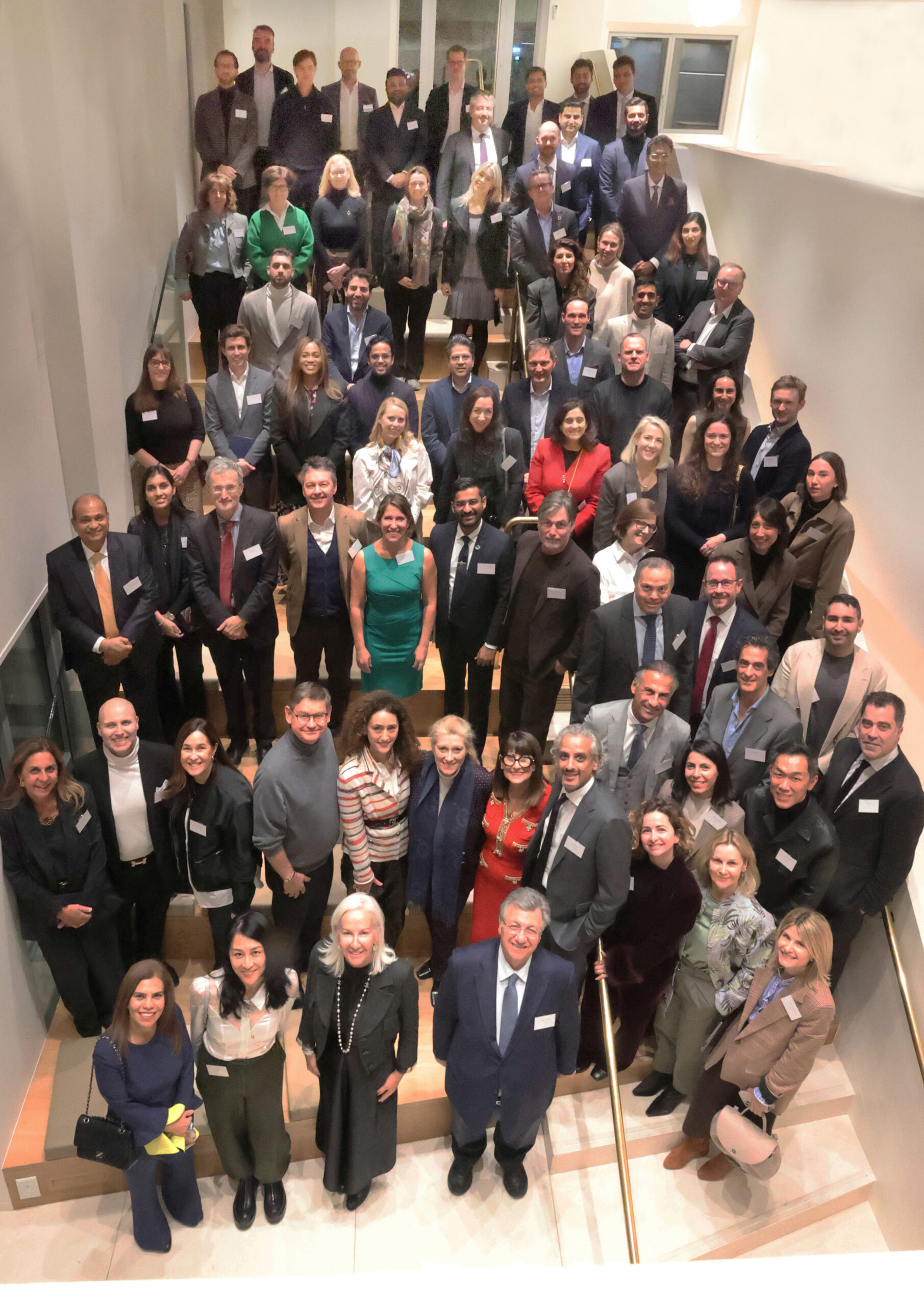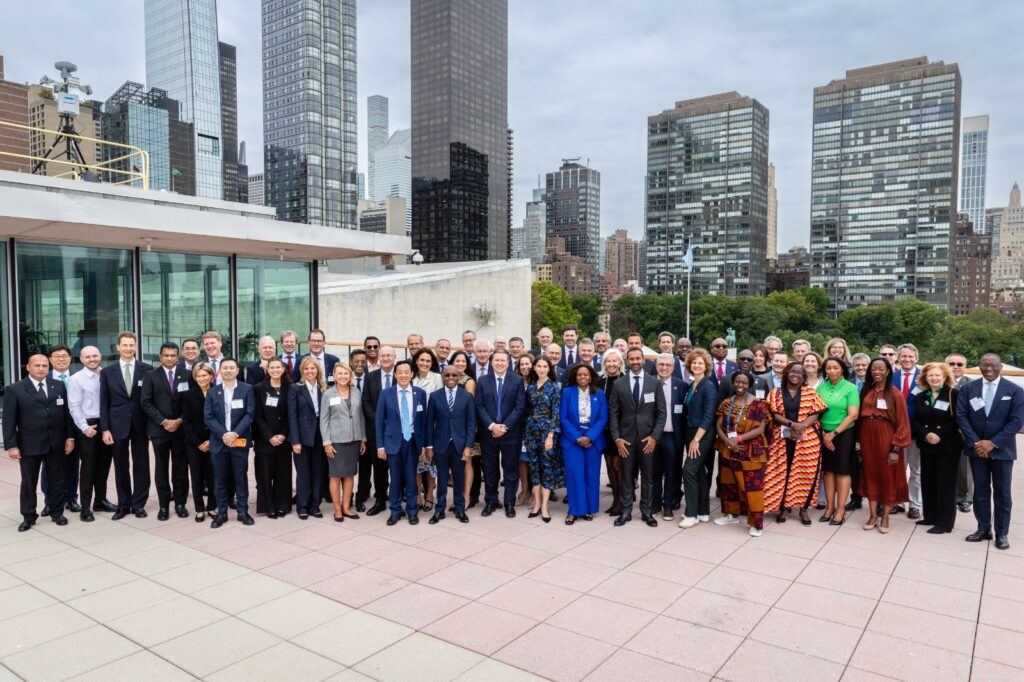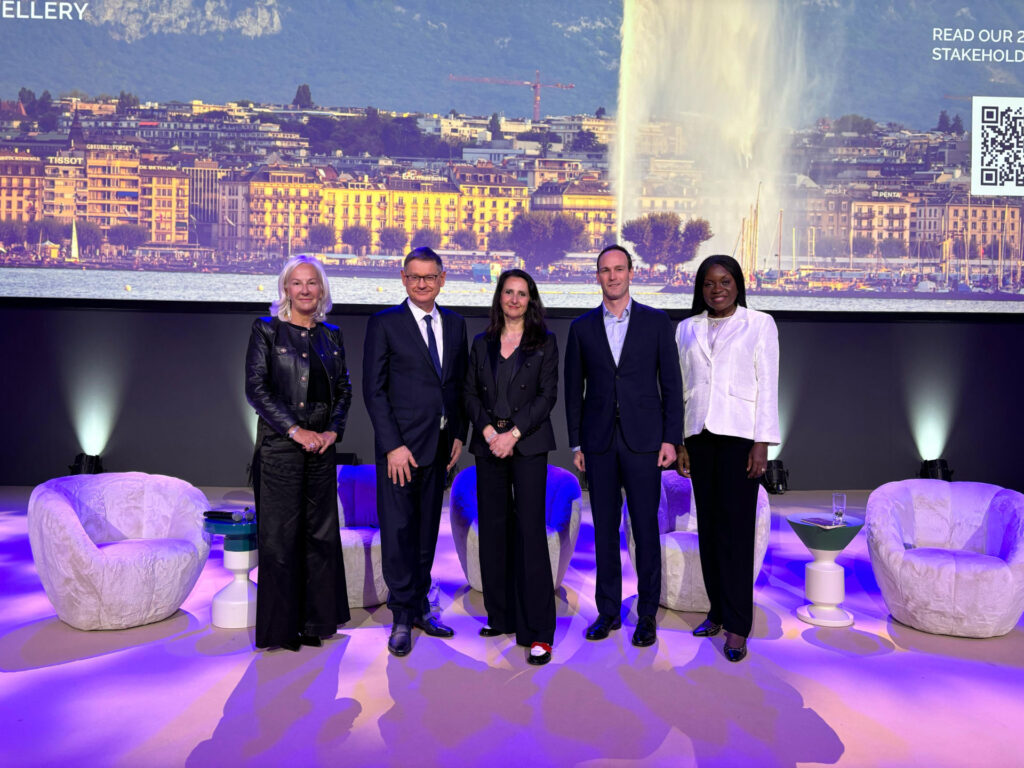Change is happening: the Initiative creates a virtuous circle to address this evolution.
WJI 2030: CHANEL has joined WJI 2030 in 2022. The Initiative is growing and gaining momentum. In your mind, what are the most important results of WJI 20230?
FRÉDÉRIC GRANGIÉ: First of all, I would like to emphasize that we are thankful for this initiative. It represents a strong signal from the industry as a whole, because we are convinced that only through collective action can we achieve the goals towards a more sustainable business model. CHANEL is fully committed to this target and our objectives are in line with the initiative’s goals. Secondly, for me, the greatest success of WJI 2030 lies in its capacity to bring major stakeholders together and show a strong governance to reach these goals. It goes beyond just big brands. It brings the whole supply chain together. It helps define fundamentals axis on the three pillars identified: building climate resilience, preserving resources, and fostering inclusiveness. It leads to implementing best practices, to measuring impacts, and monitoring progresses. Obviously, each member has the freedom to define its own pace of development, but the momentum WJI 2030 creates, and the scope of its reach, are key for everyone.
WJI 2030: Collaborations within the luxury industry are key to accelerating the necessary transformation. How is the WJI promoting these collaborations? Which ones have started bearing fruits according to CHANEL?
FRÉDÉRIC GRANGIÉ: WJI 2030 is the perfect example to show that you can bring together key stakeholders who are competitors in the industry but have the same goals and responsibilities. Unless we act collectively, we won’t be successful. Sharing best practices, implementing measurement tools, committing to transparent reporting, together, creates a true community of like-minded companies that expands the scope of actions. When efforts, investments and visions are shared, it multiplies their efficiency. The Human Rights Navigator is a very concrete example of what the initiative does. The use of the UN Women’s Gender-Responsive Procurement Assessment Tool is another one showing the level of commitment of the members. These collaborations, inside the initiative and outside, show how crucial it is. Within the luxury goods industry, I think we’re ahead on some of today’s challenges because we create products that are intended to last and be passed down from generation to generation. Yet we need to be conscious of our impacts and strive to reduce them.
WJI 2030: Can luxury become a motor for sustainable development?
FRÉDÉRIC GRANGIÉ: We are fortunate to work in our line of business: we create products which are meant to last, which can be transmitted over generations. Luxury products are not discarded, they are re-used or re-sold. This has been part of our business model from the start. Nonetheless, we are at a turning point because we see that both regulators and consumers are demanding transparency on the impacts generated. So, a lot of initiatives that we have been implementing or investments we were making privately in the past have now become public. But the business model of luxury is sustainable in essence. The difference now is that we must embark our entire supply chain and help our partners thrive to minimize their production impacts. WJI 2030 represents an additional step in what luxury has been doing for a while now. Change is happening: the Initiative creates a virtuous circle to address this evolution.






